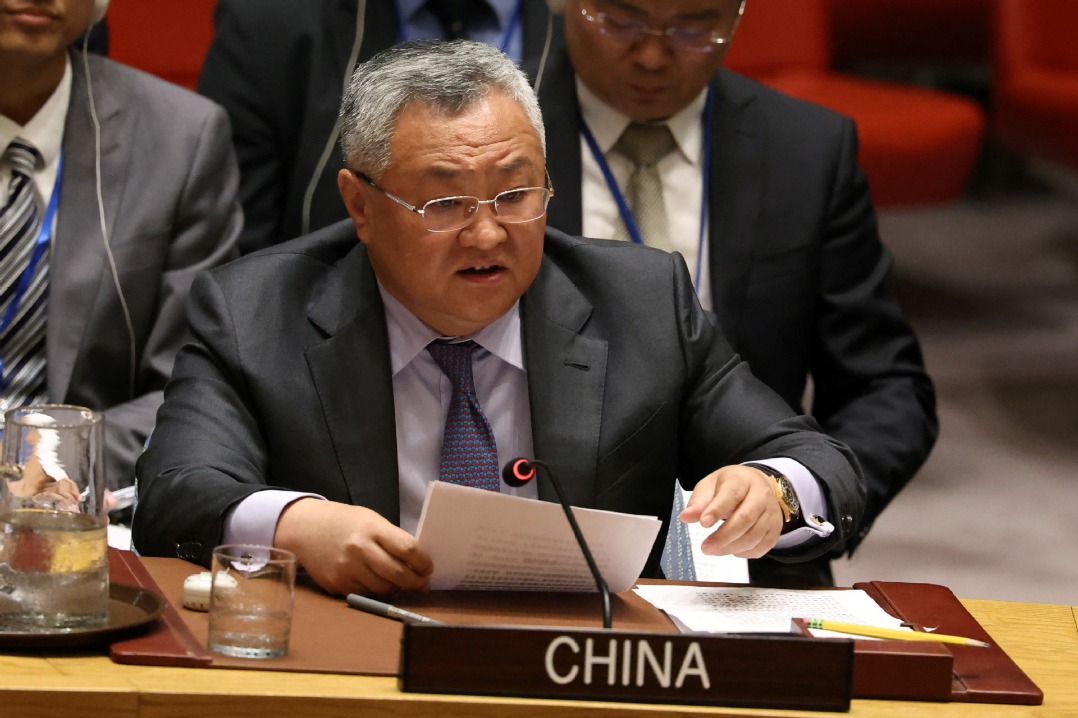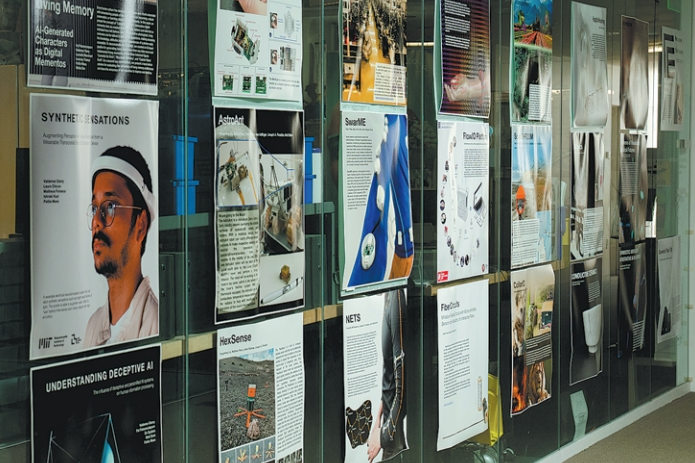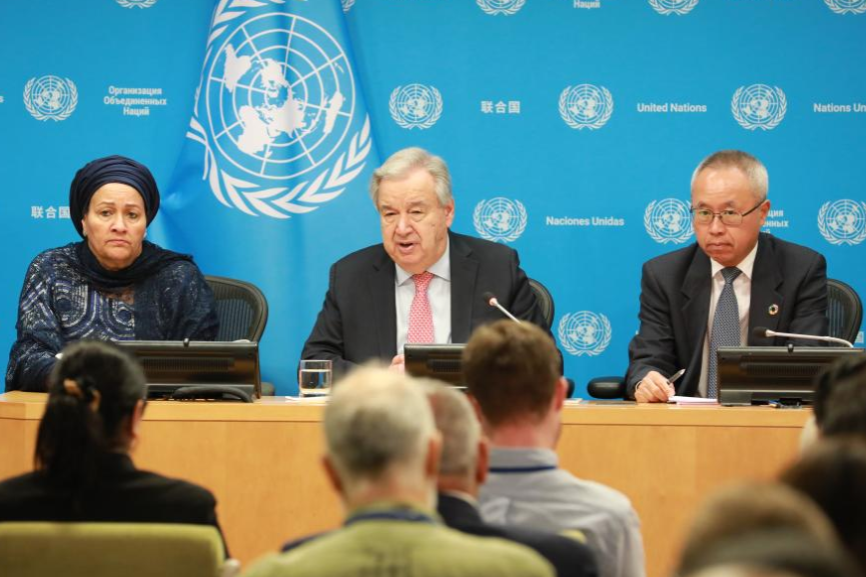Expert from Serbia lauds benefits of cooperation


A Serbian expert on international relations said that China's global cooperation project has emerged as a major factor in the infrastructural and economic development of Serbia and other Central and Eastern European countries, fostering regional partnerships and mutual benefits.
China and Serbia signed more deals during the Second Belt and Road Forum for International Cooperation, and both have vowed to bring cooperation to a new level.
Ivona Ladjevac, head of the center for the Belt and Road at the Institute of International Politics and Economics in Belgrade, Serbia's capital, believes cooperation will be boosted. "The two countries' joint efforts in the Belt and Road Initiative will lead to broader prospects and strong support for bilateral cooperation," she said.
Serbia was one of the first countries to express support for the initiative when it was proposed in 2013 and has been supporting it continuously ever since, Ladjevac said, adding that after almost six years of cooperation, more real benefits have been brought to the country and its people.
According to a Xinhua News Agency report, Serbian steel mill Zelezara Smederevo, which was acquired by HBIS Group - one of China's largest ferrous metals companies - saved at least 5,000 jobs in the Balkan nation of 7 million since the acquisition in 2016.
"We also see the benefits of new roads, bridges, reconstruction and modernization of railways, energy projects, environmental protection and economic cooperation with Chinese companies," Ladjevac said.
Serbia has long been facing economic hardship because of its geopolitical position, and the BRI is welcomed in hope of accelerated development after most of the Central and Eastern European countries were severely struck by the global economic crisis, she said.
The BRI, as well as the cooperation mechanism between China and Central and Eastern European countries, have turned the perspective of these countries into an encouraging one, and the relations between the countries in the region have turned from competition to partnership, she said.
In addition, Ladjevac said, China and Serbia would also benefit from boosting cooperation in other spheres, including culture and tourism.
She noted that China and Serbia's agreement on mutual visa exemption took effect in January 2017, allowing China and Serbian tourists visa-free entry to both countries. As people-to-people exchanges are vital to mutual understanding, the two countries can launch more direct flights to facilitate such exchanges, she said.
Ladjevac is an experienced researcher in Serbia whose research interests include international relations, the Belt and Road Initiative, the cooperation mechanism between China and Central and Eastern European countries and Far East security issues.
Q&A with Ivona Ladjevac
As an important hub in the Balkans for the Belt and Road Initiative, Serbia has been involved since 2013. How do the projects boost Asia-Europe connectivity and shared economic prosperity for the Balkans? What's the new development path for the countries in eastern and southern Europe?
Those infrastructure projects were needed. In that sense there are better connections that were created not within the region but also within two continents, meaning Asia and Europe, because they are so close. In that respect, better infrastructure implies a better exchange of trade, so there is some growth that can be expected in all these countries. Better infrastructure can help them connect better, and also make joint investments in all these areas. This is a way for opening new places and will in the end lead to a better economic standard for those citizens.































